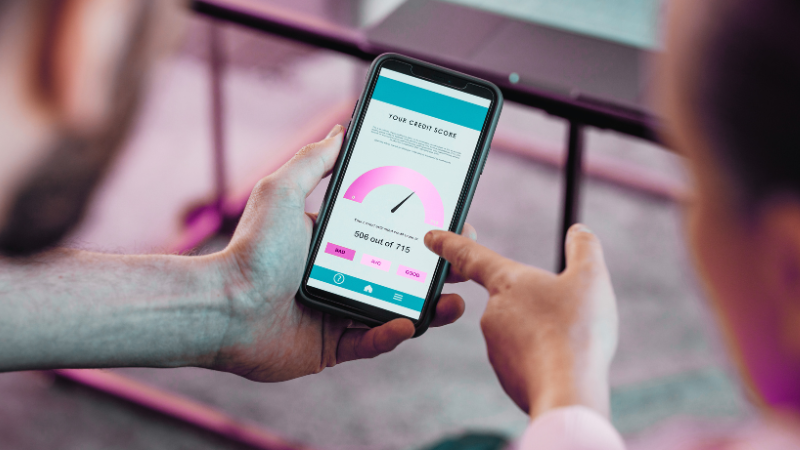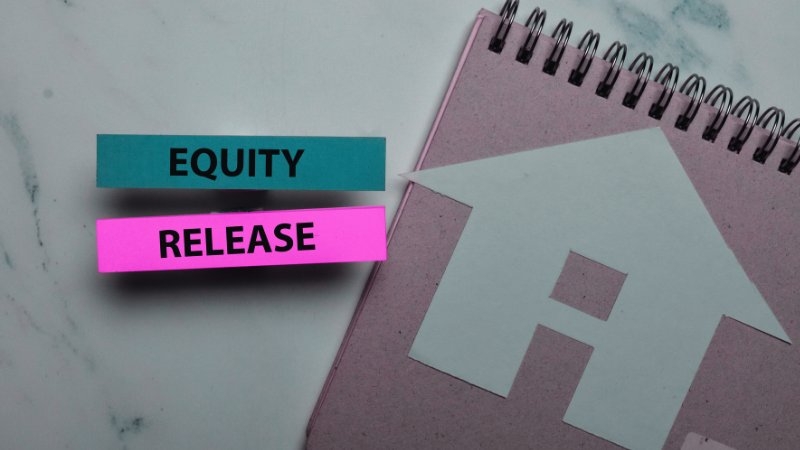When more than one (usually up to four) join together to purchase a property they will apply for a joint mortgage.
Each person named on the mortgage are jointly responsible for making the monthly repayments, but not each person has to have the same about of equity.
Furthermore, each person named on the joint mortgage, must sign all the relevant documents, provide information on their income, etc and meet with solicitors.
Who can get a Joint Mortgage?
Many lenders will allow up to four people to buy a property together, and you may hold more than one joint mortgage at any one time.
Take a look at some of the other common situations for a joint mortgage:
- Common in the likes of London where property prices are higher, groups of friends band together to buy a property to avoid excesses rental costs.
- A family member or friend joins forces with you, as an investment, or to help you get on the property ladder. This is often known as a guarantor mortgage.
- Buying a property with a business partner with the goal of putting the property up for rent or to living in it.
How does a Joint Mortgage Work?
As previously mentioned, all those named on a joint mortgage will share responsibility for making the loan repayments.
This means that if one person named on the mortgage stops making the payments, the mortgage company may pursue you to make up the shortfall.
Furthermore, if you want to make changes to your deal, such as borrowing more money or changing the type of mortgage deal, it will have to be agreed on by all parties.
There are two types of joint mortgage:
Tenants in Common
This allows all those named on the mortgage can own legally different shares of the property – equity does not have to be shared equally.
For example, you could have 70% equity in the property and your co-owner could have 30%. Additionally, can leave their share to someone other than their co-owner in their will.
Tenants in common are usually used when family members, friends or business partners join together to purchase a property. A solicitor can draw up a legal document, known as a ‘Deed of Trust’ that details the percentage of the property that each person on the mortgage owns.
Need more help? Check our quick help guides:
- Reasons why a mortgage could be declined on affordability.
- How reliable is a mortgage in principle?
- How do joint mortgages work?
- Can you get a mortgage on a fixed-term contract?
Joint Tenants
Usually used by long-term couples, in a joint tenancy each person on the mortgage jointly owns the entire property, therefore having equal rights in the property.
Therefore, if one borrower dies, the other(s) would inherit their share in the property, even if it has been left to someone else in their will.
If the property is sold, each owner would get an equal share of the proceeds and any profits. Furthermore, if joint tenants are looking to remortgage, they will need to do so together – they cannot get a mortgage separately.
Quick help mortgage guides:
- Best offset mortgage rates UK
- Can you get a mortgage 7 times your salary?
- Contractor mortgages
- Best lifetime tracker mortgages
- Expat mortgages
- Mortgage repayments on a 300k a month mortgage
Can I get a Joint Mortgage with my Parents?
If you have been having difficulties in securing a mortgage on your own, you may be considering asking for your parent’s help.
Having a joint mortgage with parents often increases your chances of being accepted, as the risk has been significantly reduced. Only parents that are financially stable and can afford the repayments should the earnings of their child be interrupted should take on this extra financial responsibility.
Furthermore, parents considering applying for a joint mortgage with their child should be aware that if they already own a property they may have to pay an additional 3% Stamp Duty charge when purchasing the new property.
There may also be a capital gains tax to pay when it comes to selling the property. There are other schemes available with some lenders.
Related guides:
- Mortgage 5 times salary.
- Can you get a mortgage on land?
- Refurbishment mortgages.
- Part and part mortgages.
- HMO mortgages.
Can I get another Mortgage if I already have a Joint Mortgage?
Yes, you may be able to get an additional joint mortgage if you already have one with an ex-partner or business partner, etc. As with any other joint mortgage, it will be subject to you meeting a lender’s affordability and eligibility requirements. With an additional joint mortgage, you may be restricted to the amount you can borrow, as a lender will determine the monthly payment you will be able to make, based on your financial information and personal circumstances.
How Much can be Borrowed on a Joint Mortgage?
How much you can borrow on a joint mortgage will be calculated differently between lenders. Each will have an affordability calculator that will determine the amount you are eligible to borrow, based on the income and outgoings of all persons on the mortgage.
However, the amount you are eligible to borrow will be reduced if you are looking for a joint mortgage and only have one income as non-earners will be classed as dependents.
Additionally, different lenders may consider other sources of income very differently when calculating the amount you are eligible to borrow.
One hundred percent of the likes of bonuses, overtime, investment income may be considered by one lender, whilst only 50% may be taken into consideration by another. Some lenders may also take into considerations certain benefits, such as Child Tax Credits.
To know more about what lenders will take into account in their affordability calculators, get in touch with a mortgage broker that has access to the whole market. In a fraction of the time, it would take you on your own, a broker can find out what you will be eligible to borrow with dozens of lenders.
How do Joint Mortgages differ to Standard Mortgages?
Generally speaking, joint mortgages have the same rates and fees as a standard single person mortgage. However, with more than one person on a mortgage, savings can be combined to make a bigger deposit, which may give you access to better deals.
Typically, mortgages get cheaper the bigger the deposit. The best mortgage rates tend to be offered to those with a 40% or more deposit. Therefore, pooling savings to reduce your loan-to-value ratio by just 5% can result in savings of thousands of pounds over the term of your mortgage.
Related reading:
Is a Joint Mortgage Right for Me?
Whether a joint mortgage is right for you is completely dependent on your circumstances, and there is a lot to consider, including the likes of:
- Whether you are married or in a common-law relationship.
- If you want to purchase a buy to let in just one name for tax purposes.
- If one of the borrowers has a bad credit history or is not working
- If you are looking to buy a better home and two incomes will help you achieve that or you want to borrow as much money as possible.
- If you and a group of friends cannot afford to purchase a home on your own, but want to get on a property ladder.
There are so many variables to consider, when it comes to deciding between joint and individual mortgages, so get in touch with a mortgage broker or expert for some impartial advice.
Recommended reading for mortgage hunters:
- Mortgage deposit gifts
- How much does a mortgage broker cost?
- Can you build on the green belt?
- Shortest term mortgage in the UK
- Buying a warehouse in the UK
- Porting a mortgage explained
- Transferring a mortgage
Getting out of a Joint Mortgage
You can get out of a joint mortgage, but it is not always straightforward. The main two options are selling the property and splitting the proceeds or buying out the other owner.
The Impact of a Joint Mortgage on your Credit
If you have a joint mortgage and are thinking about borrowing more money in the future, you will be subject to credit checks, and the following may show on your credit record:
- A financial association with others on your joint mortgage. If they have bad credit it could make lenders question your ability to make loan repayments.
- Any money you borrow will show up on your credit report and the amount of personal debt you have may influence what lenders believe you can afford to borrow.
- Any missed or late payments on your mortgage, even if they are not your fault, will show up on your credit report, which may affect your ability to borrow in the future.
Contact us today to begin your joint mortgage application.
Further reading:

















